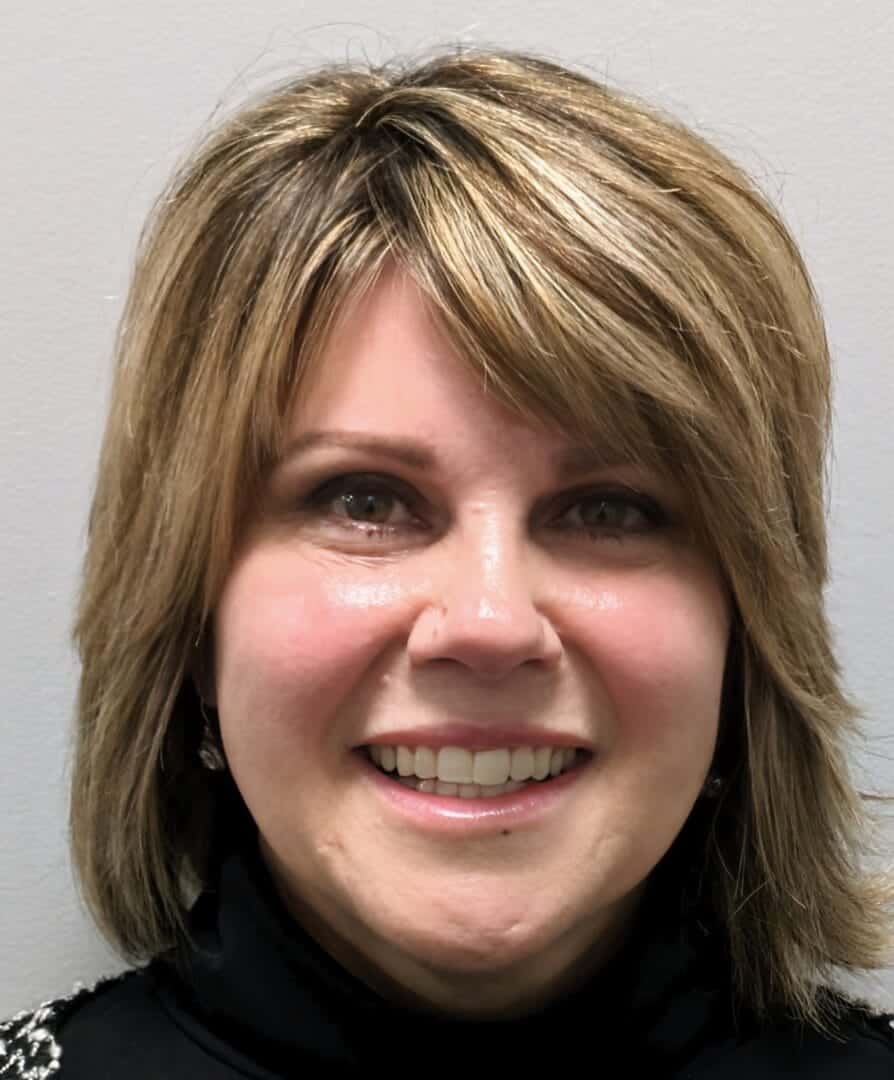Summary
Residential treatment centers provide comprehensive care for individuals struggling with addiction and mental health issues. This article explores who is best suited for a residential treatment program, comparing it with outpatient options and highlighting the benefits of intensive, structured care.
Key Takeaways
- Understanding Residential Treatment Centers – Definition and purpose of residential treatment centers.
- Characteristics of Good Candidates – Identifying who benefits most from residential treatment.
- Comparing Treatment Options – Residential treatment vs. outpatient treatment.
- Benefits of Residential Treatment – Advantages of inpatient care.
- Seeking Help – Importance of professional evaluation and support.
Introduction
Choosing the right treatment approach is crucial for effective recovery from addiction and mental health issues. At Virtue Recovery Chandler, we offer support and resources to help individuals determine if a residential treatment center is the best option for their needs. This article will help you understand who is a good candidate for residential treatment and why it might be the right choice for certain individuals.
Understanding Residential Treatment Centers
What is a Residential Treatment Center?
A residential treatment center is a facility where individuals live full-time to receive comprehensive care for substance abuse and mental health issues. These centers offer a structured environment with 24/7 support, allowing patients to focus entirely on their recovery. Unlike outpatient treatment, which involves regular visits to a clinic, residential treatment programs provide constant supervision and support.
Purpose and Goals
The primary goal of residential treatment is to stabilize patients and set them on a path to long-term recovery. These programs are designed to address both the addiction and any underlying mental health conditions through a combination of therapies and support. Patients receive individualized treatment plans that may include detox, group therapy, individual counseling, and holistic therapies.
Characteristics of Good Candidates
Severity of Addiction or Mental Health Issues
Individuals with severe addiction or mental health issues are often the best candidates for residential treatment. Those who struggle with intense substance abuse, co-occurring disorders, or dual diagnosis conditions benefit from the intensive care and constant monitoring that inpatient settings provide.
History of Relapse
A history of relapse can indicate the need for a more structured and supportive environment. Residential treatment programs offer a controlled setting that reduces exposure to triggers and enhances the chances of maintaining sobriety. This environment is crucial for individuals who have previously struggled to stay clean in less structured settings.
Need for Intensive Care and Monitoring
Some individuals require intensive care and close monitoring, especially during the initial stages of recovery. This need is particularly true for those undergoing detox or managing severe mental health conditions. Residential treatment provides the medical and psychological support necessary to navigate these critical periods safely.
Comparing Treatment Options
Residential Treatment vs. Outpatient Treatment
Residential treatment involves full-time living at the treatment center, providing continuous care and support. This approach is ideal for individuals needing intensive intervention and a structured environment. On the other hand, outpatient treatment allows patients to live at home and attend regular therapy sessions. This option suits those with milder conditions or those transitioning from inpatient care.
When Outpatient Treatment May Be Suitable
Outpatient treatment may be appropriate for individuals with a stable home environment and a strong support system. It allows for greater flexibility and the ability to maintain daily responsibilities. Intensive outpatient programs (IOPs) provide a higher level of care than standard outpatient therapy, offering more frequent and longer sessions while allowing patients to return home daily.
Benefits of Residential Treatment
Comprehensive Care
Residential treatment programs offer comprehensive care that addresses all aspects of substance abuse and mental health issues. Patients receive a combination of group therapy, individual counseling, and medical care tailored to their specific needs. This holistic approach ensures that all individual well-being facets are addressed.
Structured Environment
The structured environment of a residential treatment center is critical for effective recovery. The daily routine and constant supervision help patients develop healthy habits and coping strategies. This structure is especially beneficial for those with a history of relapse or severe mental health conditions.
Access to Resources and Support
Residential centers provide access to various resources and support services, including medical care, holistic therapies, and peer support. This comprehensive support network is essential for addressing the complex needs of individuals with addiction and mental health issues. It also fosters a sense of community and shared experience, which can be incredibly therapeutic.
Seeking Help
Professional Evaluation
Determining whether someone is a good candidate for residential treatment requires a professional evaluation. Mental health professionals can assess the severity of the addiction or mental health condition and recommend the most appropriate treatment plan. This evaluation ensures that the individual receives the level of care they need for successful recovery.
Virtue Recovery Chandler’s Role
At Virtue Recovery Chandler, we offer comprehensive evaluations and personalized treatment plans to help individuals navigate their recovery journey. Our team of professionals provides the support and resources needed to address both substance abuse and mental health issues effectively. If you or a loved one is struggling with addiction or mental health conditions, we encourage you to reach out for assistance.
Conclusion
Residential treatment centers play a crucial role in the recovery process for individuals with severe addiction or mental health issues. Understanding who is a good candidate for these programs and the benefits they offer is essential for making informed treatment decisions. At Virtue Recovery Chandler, we are dedicated to helping individuals find the right path to recovery. If you or a loved one is considering residential treatment, call us at 866-338-5779 for support and guidance.
FAQs
What makes someone a good candidate for residential treatment?
A good candidate typically has severe addiction or mental health issues, a history of relapse, or a need for intensive care and constant monitoring.
How does residential treatment differ from outpatient treatment?
Residential treatment involves living at the treatment center full-time, providing continuous care and support, whereas outpatient treatment allows patients to live at home and attend regular therapy sessions.
What are the benefits of a residential treatment program?
Benefits include comprehensive care, a structured environment, and access to various resources and support services.
What is the meaning of a residential treatment facility?
A residential treatment facility is a live-in health care setting where individuals receive comprehensive therapeutic services for various issues such as addiction, mental health disorders, and behavioral problems. These facilities provide structured environments with around-the-clock care and support.
What is another name for a residential treatment facility?
Another name for a residential treatment facility is an inpatient treatment center.
What is an RTC in mental health?
In mental health, an RTC (Residential Treatment Center) provides intensive, structured care and therapy for individuals with severe mental health issues, offering a safe environment for stabilization and long-term treatment.
What are the three types of treatments for substance abuse?
The three types of treatments for substance abuse are detoxification, inpatient/residential treatment, and outpatient treatment.
What are the three goals of substance abuse treatment?
The three goals of substance abuse treatment are to help individuals stop using substances, maintain a drug-free lifestyle, and achieve productive functioning in their families, workplaces, and communities.
What are the three classifications of outpatient treatment?
Outpatient treatment is classified into regular outpatient programs (OP), intensive outpatient programs (IOP), and partial hospitalization programs (PHP).
Why is professional evaluation important in choosing a treatment plan?
Professional evaluation ensures that the individual receives the appropriate level of care based on the severity of their condition and specific needs.
How can Virtue Recovery Chandler help with residential treatment?
Virtue Recovery Chandler offers personalized evaluations, comprehensive treatment plans, and a wide range of resources to support individuals in their recovery journey. For assistance, call 866-338-5779.
How Do Gender-Specific Residential Treatment Centers Determine Eligibility for Candidates?
Gender-specific residential treatment centers use a thorough assessment process to determine the eligibility of candidates seeking treatment. This may include evaluating the individual’s specific needs, mental health history, and the benefits of genderspecific treatment. By carefully screening candidates, these centers can ensure that each person receives the most appropriate and effective care for their gender-specific issues.
Resources
https://www.ncbi.nlm.nih.gov/books/NBK64815/
https://www.va.gov/health-care/health-needs-conditions/substance-use-problems/








